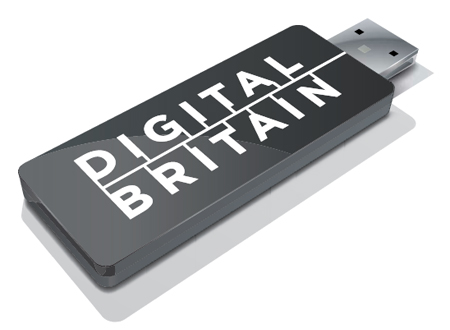The highly-anticipated Digital Britain report, authored by communications minister Lord Carter and commissioned by the government back in 2008, has today been published and provides an insight into the government's plans for the UK's digital economy.
Speaking prior to the report's publication, Prime Minister Gordon Brown made bold claims by stating that "Britain is going to lead the world", adding that the report signals the nation "taking the next step into the future to being the digital capital of the world."

The 245-page report is expected to be analysed and scrutinised over the coming days, but here are some of the immediate highlights:
- A 50p levy will be introduced to fixed-line telephones to help fund the government's plans for universal access to broadband
- Universal access to broadband to be achieved by 2012
- Digital radio switchover to be complete by 2015, by which time the government expects all analogue broadcasts to cease
- Communications regular Ofcom will be granted new powers to ensure ISPs reduce illegal file sharing by 70 per cent in the next 12 months
- A portion of the BBC license fee will be used to help provide universal access to broadband
- ITV regional news will be funded by a small part of the BBC license fee in a pilot running through to 2013
- A £200 million fund will be used to extend broadband coverage to the 15 per cent of UK homes which do not receive speeds of 2Mbps or more
Commenting on the report, shadow culture secretary Jeremy Hunt has told the House of Commons that the Digital Britain report is a "colossal disappointment".
The entire report is available to download here in PDF format.













